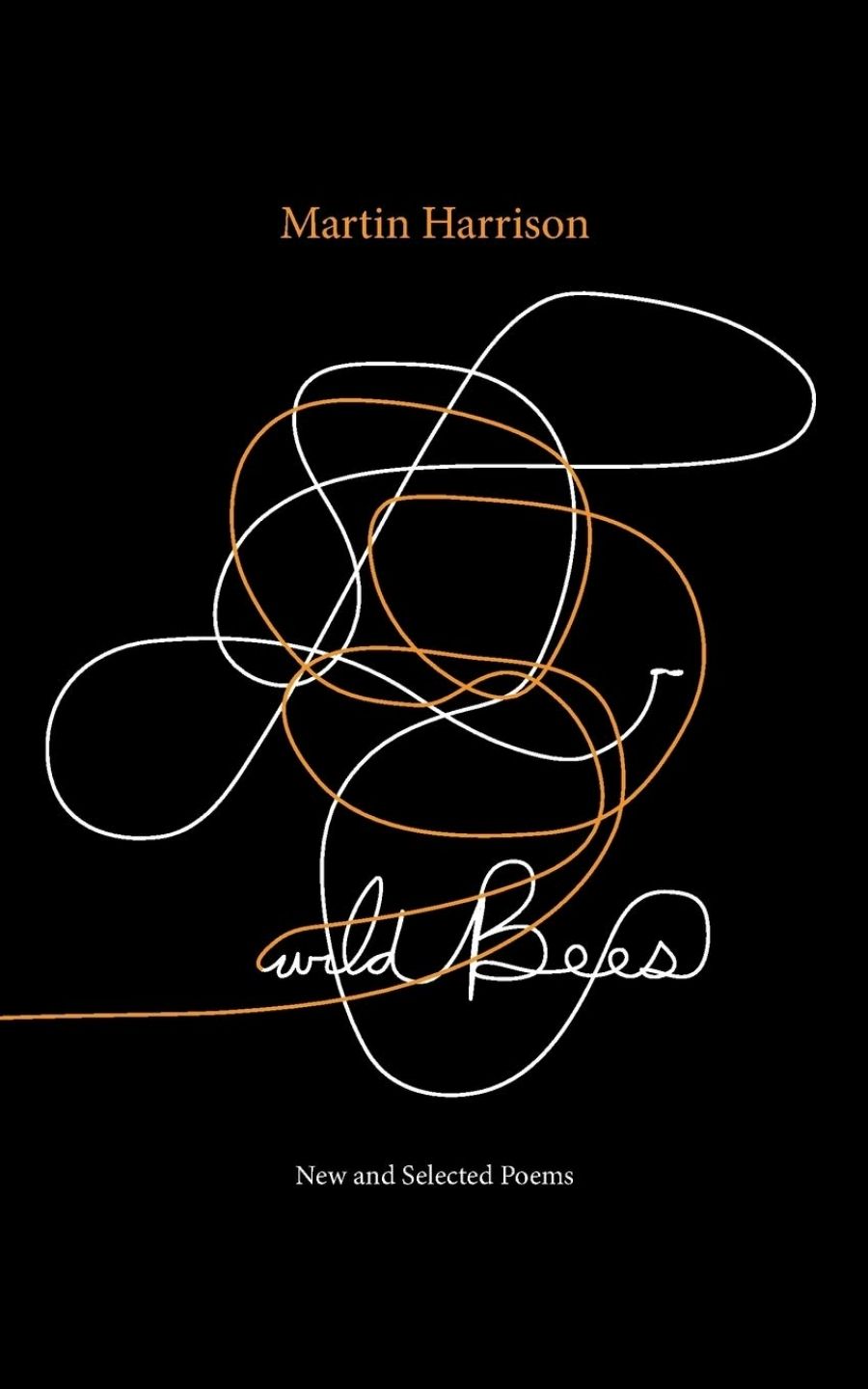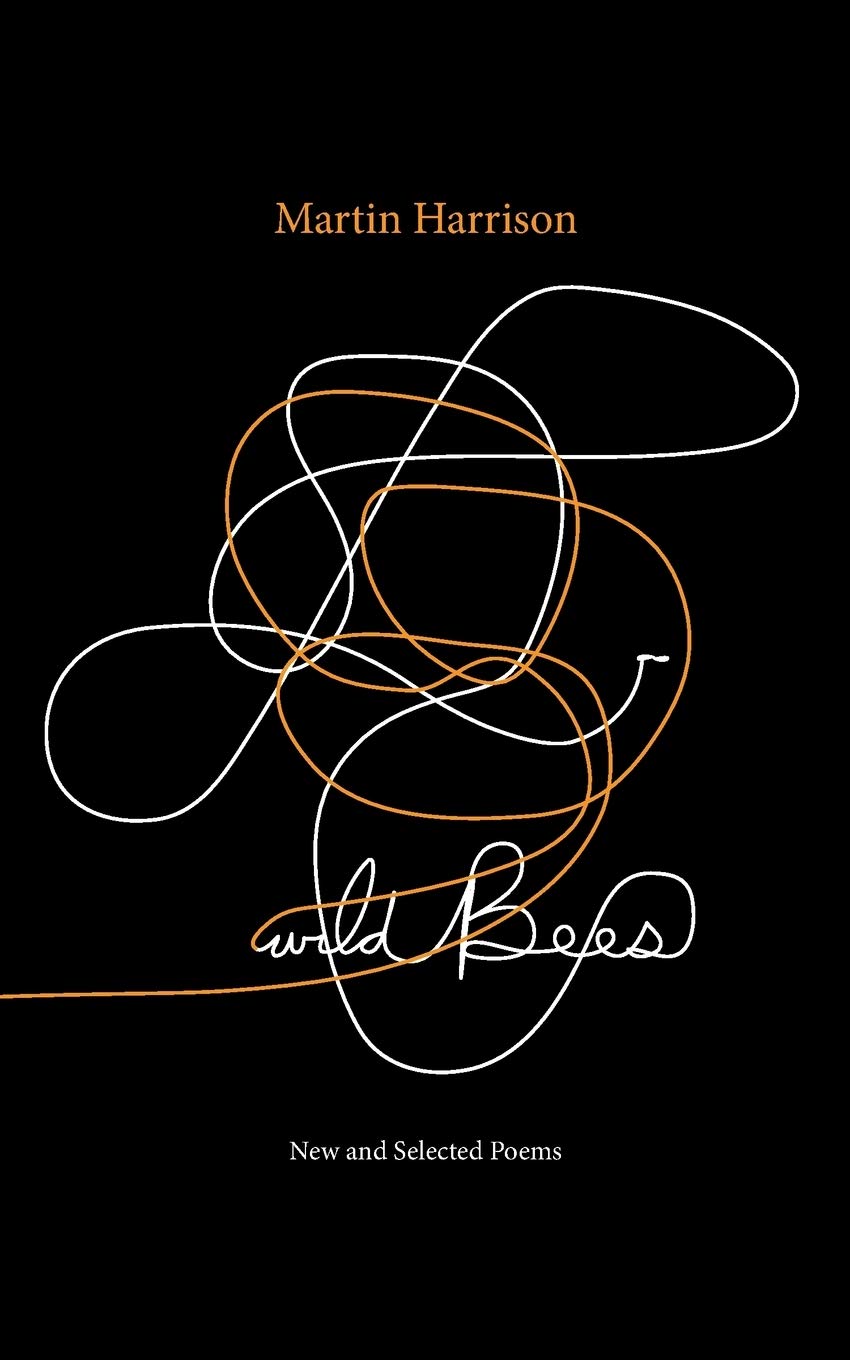
- Free Article: No
- Contents Category: Poetry
- Review Article: Yes
- Article Title: How things sing
- Online Only: No
- Custom Highlight Text:
There is no sound of the sea, a long row down the mirror-like waters of Wagonga Inlet crowded with forest reflections. The wind twists and dives in the tree canopy, the soft whisper mixing with bird calls and the occasional barking of a dog from across the water. The small flower heads of clover quiver in the gulps of wind pushing the big-bellied clouds, rain stained, across the mountains. I am cosseted in a snug cottage kitchen with the smell of apples, warm milk and the sweet taste of honey on chunks of freshly baked bread. My eyes follow the patterns smudged across the mangrove flats where the tides tell me the time of day. I am holidaying on the south coast of New South Wales, the perfect place to be reading Martin Harrison’s collection of new and selected poems, Wild Bees.
- Book 1 Title: Wild Bees
- Book 1 Subtitle: Selected Poems
- Book 1 Biblio: UWAP, $24.95 pb, 198 pp
- Book 1 Cover Small (400 x 600):

- Book 1 Cover (800 x 1200):

In a preliminary note, the author suggests the selection ‘reflects where I am heading now as much as where I have been’. He adds, ‘I am fortunate to have seen some of my poetry discovered by a number of ecologically conscious readers and critics who are concerned with how we live our lives environmentally, including at the most intricate and micro-perceptual levels of awareness.’ The majority of the poems in this collection are concerned with an evocation of the landscape. They are also engaged with ways of seeing. This theme is introduced in the initial poem, ‘Seeing Rain’, with the question, ‘Do bower birds see rain as I do, / glimpsing more than the texture?’
Harrison, an inventive poet, constantly seeks different forms in which to parcel his ideas. There is a small group of prose poems in the final section of the collection, titled ‘Music’. They are like brief meditations. In these the mood is conversational, the language more casual. The jottings are like an incomplete musical score. In ‘Breakfast’, the poet anticipates the day and allows his imaginative eye to sweep across the landscape, constructing a jigsaw of images and experiences into a surreal narrative.
The poet often uses the idea of a letter to friends to frame ideas about language or a dazzling moment in an unfamiliar landscape. In the poem ‘Letter from America’, addressed to Antigone Kefala,
Dead work has no idea
how language works – how things sing
between themselves and their names. That
small yellow American finch was doing
a few minutes ago in the scrummage of
a still white-fruited blackberry patch.
In another one of the ‘letter’ poems, addressed to Ruark Lewis, Martin explains:
My work
remains, though, about nature or, rather, ‘what we
mean by it’ – what it still can mean. It’s the only theme
we have which speaks beyond ourselves.
There is a richness of imagery in the poems reflecting on the rural landscape.
In ‘Grass Parrot’, Harrison’s attention to the detailing of bird flight, song, colour and choreography is sketched with great panache:
blue marks flitter, opal showers flash,
becoming grass-parrots which leap up
from bleached waist-high grass, then back again
in tiny rocking-horse movements
of springing curves and perfect falls.
Foraging, they twitter a hundred miles.
It is seeing the detail in the landscape – the poet’s ability to capture the moment, the jumble and tumble of trees, the geometry of shadows or the ‘the stripe of light on sand-hills towards dusk’ – which allows the reader to enter into Harrison’s vision of the natural world. The poem ‘Remembering Floodwater’ is punctuated with precise images of light, birds and the sense of a special place, a dwelling, a home. This image of dwelling recurs in many of the poems. Sometimes it is refuge. At other times, it is an observation platform where the ‘watcher’, through a window or from a verandah, listens to the urban or rural noises of the night. In ‘Isfahan’, the poet hears and absorbs: ‘Outside, the car-noise glistens after early rain. / Night’s silence builds its inner ear.’ In the poem ‘Fine Rain at Night’, there is the lightest fingerprint of a memory detailed in the poem ‘Seeing Rain’, which opens the collection as well as the observations of the narrator, the watcher, the householder, secure in his dwelling, his private place.
This is a volume to read with the pleasure of recognition. To be reminded of ‘the house’s anchored stillness’ or ‘the rain-storms of flowers hanging out drily, for heat and bees’.
It is Harrison’s extraordinary perception, his understanding of how language may be enlivened and the ambiguity of his words detailing experience that give this collection special significance. The poems are not about literary posturing and do not employ razzle-dazzle language to impress the reader. The poet has created music that all may share. Those fragments of landscape – rock, ridge, river flat, valley and vaulted sky – remain in the memory long after a reading of Wild Bees.
Wild Bees is the first poetry collection in an already impressive University of Western Australia Press New Writing Series. The book has been elegantly designed by Anna Maley-Fadgyas.


Comments powered by CComment